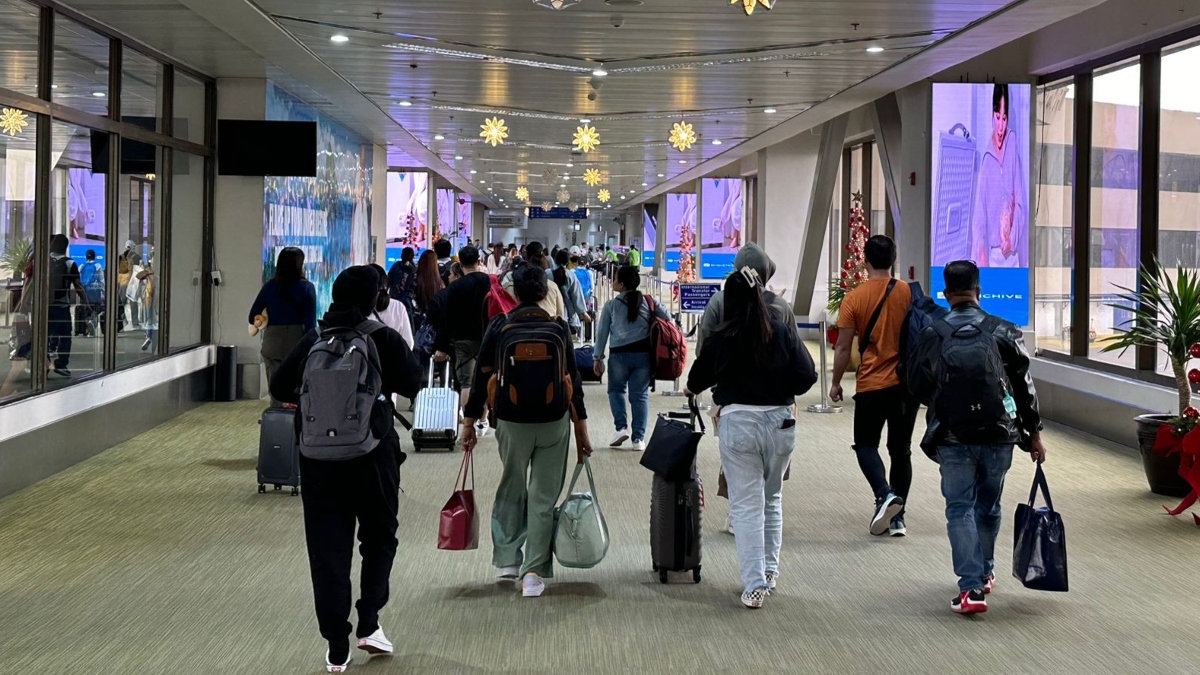Remittances from Overseas Filipino Workers (OFWs) have shown a notable increase of 3.1 percent, reaching $3.33 billion in October compared to $3.23 billion in the same month last year, the Bangko Sentral ng Pilipinas (BSP) announced.
The majority of these remittances, amounting to $3.0 billion, were sent through banks, marking a 3.0 percent rise from October last year’s figure of $2.91 billion.
This positive trend in personal remittances is largely credited to the contributions of land-based OFWs with contracts exceeding a year, along with both sea- and land-based workers on shorter contracts. The year-to-date figures further underscore this growth, with total remittances hitting $30.57 billion, a 2.9 percent increase from last year’s $29.72 billion. Similarly, cash remittances also grew by 2.8 percent, reaching $27.49 billion compared to the previous $26.74 billion.
Comparing monthly performances, October’s 3.1-percent growth in personal remittances showed an improvement from September’s 2.6 percent, albeit lower than the 3.5 percent growth recorded in the same period last year. The year-to-date expansion at 2.9 percent was slightly above September’s figures but did not match the 3.1 percent growth seen in the corresponding period in 2022.
As for cash remittances, the 3.0 percent growth in October was an improvement from the previous month but fell short of the 3.5 percent seen a year earlier. The year-to-date growth remained steady at 2.8 percent, though it showed a minor decline from the 3.1 percent in the January-October period of 2022.
The sustained increase in cash remittances has been attributed mainly to flows from the United States, Saudi Arabia, and Singapore. The United States remains the largest contributor, accounting for 41.5 percent of the overall remittances in the ten-month period, followed by Singapore, Saudi Arabia, and Japan. Other significant contributors include the United Kingdom, the United Arab Emirates, Canada, Qatar, Taiwan, and Korea.
This robust performance is partly due to the prevalent use of US-based remittance centers and correspondent banks for international transactions.
Commenting on this development, Rizal Commercial Banking Corp. chief economist Michael Ricafort emphasized the continued growth in OFW remittances as a significant boost for the Philippine economy. He attributed this steady increase to the higher local prices, necessitating more substantial remittance inflows. Ricafort also projected a continued modest growth in OFW remittances in the coming months to cope with the relatively higher local prices, indicating a sustained need for increased financial support from OFWs to their families in the Philippines.






